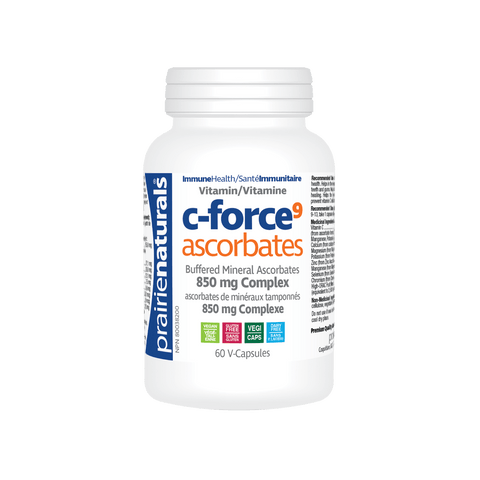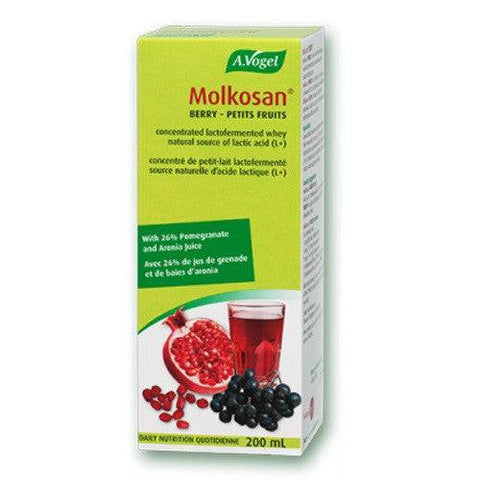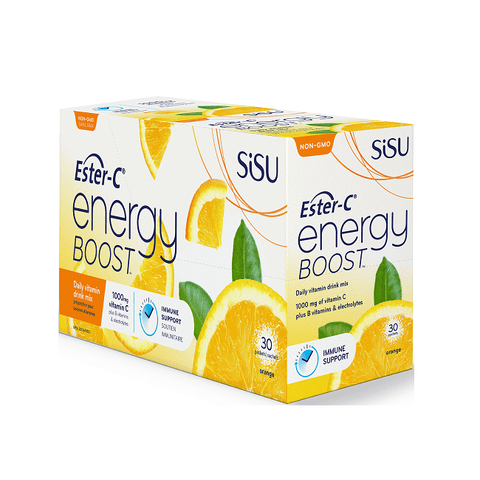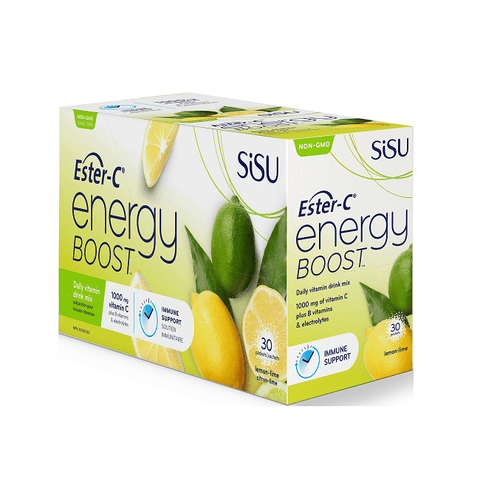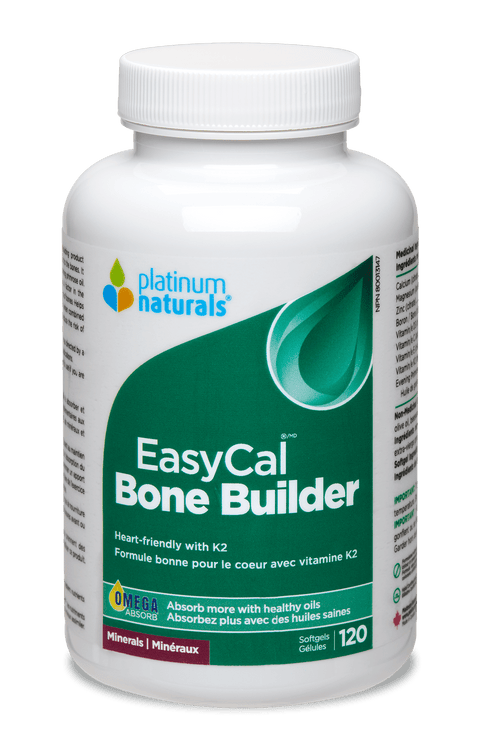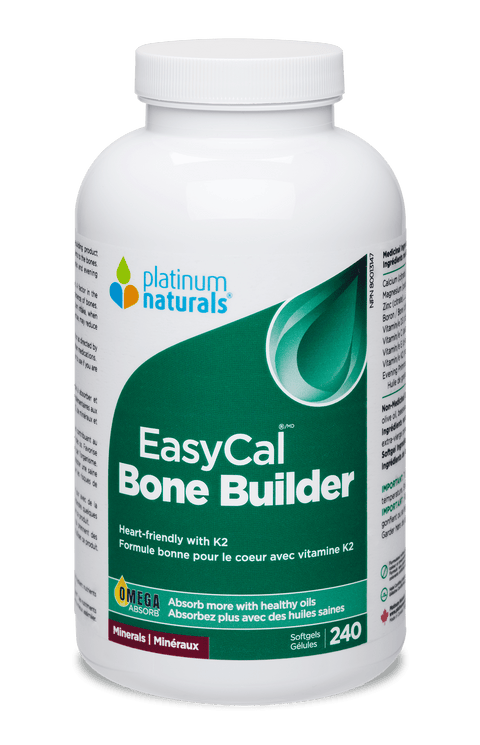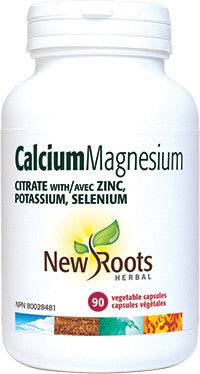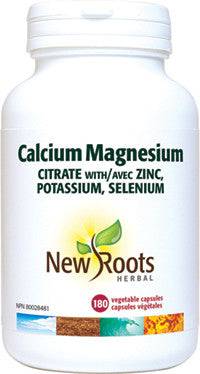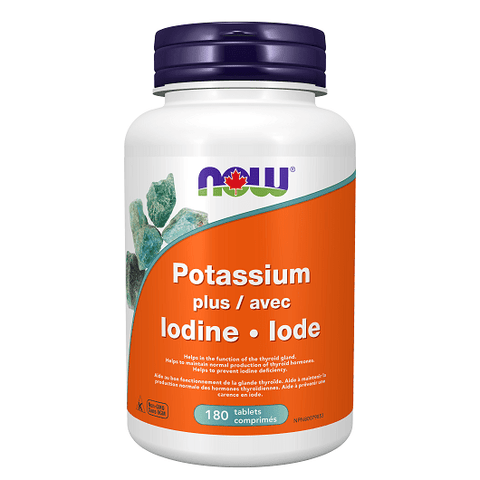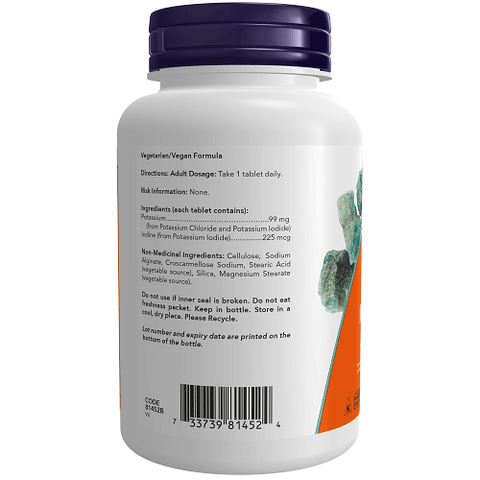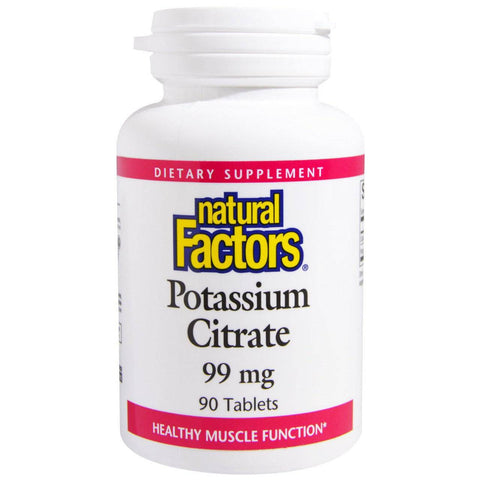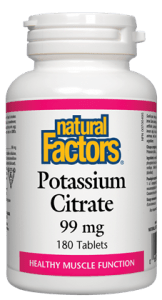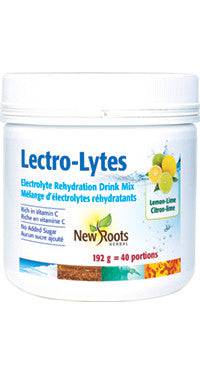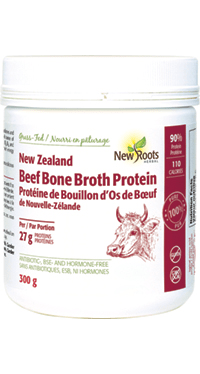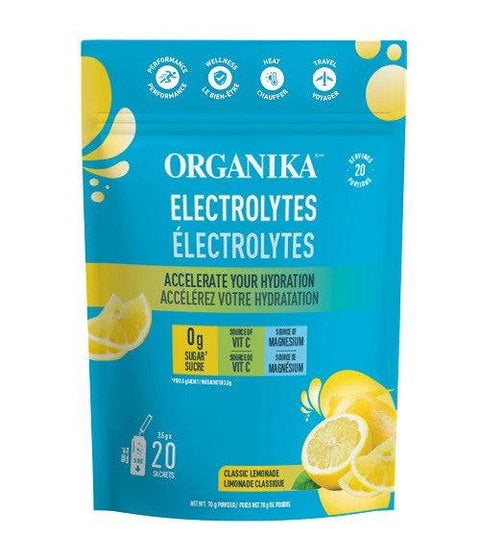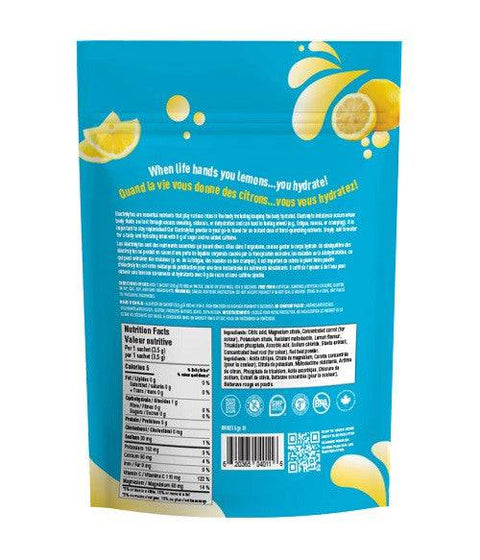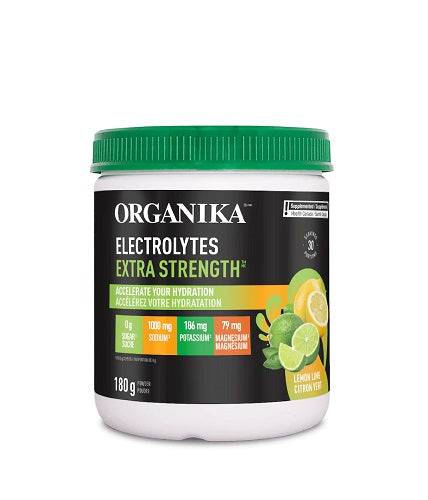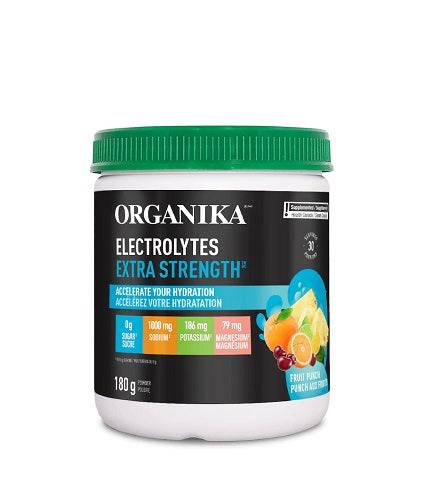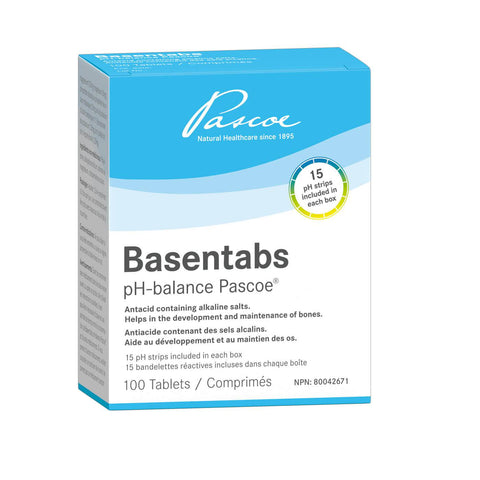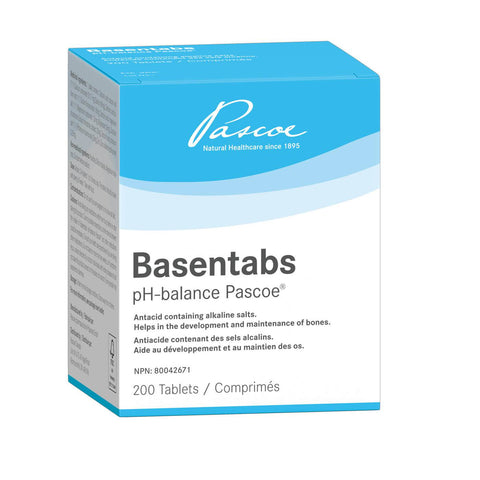Potassium is an essential mineral that plays a crucial role in many bodily functions, including muscle contractions, nerve impulses, and maintaining healthy blood pressure. However, dietary intake of potassium can sometimes fall short. This is where potassium supplement products come in.
Types and Variations:
Potassium supplements come in various formulations to optimize absorption and cater to individual needs:
- Dosage and Potency: The amount of elemental (pure) potassium per serving is denoted by dosage (mg) or potency (percentage).
- Concentration: This refers to the amount of potassium compound per capsule, tablet, etc. Higher concentration allows for fewer pills to achieve the desired dosage.
- Type: Different potassium compounds offer variations in bioavailability:
Bioavailability Matters:
The key to an effective potassium supplement is bioavailability, which refers to the amount of potassium your body can absorb and utilize.
- Formulation: Factors like the type of compound and presence of additional ingredients can affect bioavailability.
- Absorption: Your body's ability to absorb potassium can also be influenced by factors like stomach acidity and the presence of other dietary elements.
Choosing the Right Supplement:
- Form: Capsules, tablets, or even liquid options exist for ease of swallowing.
- Trace Minerals: Some potassium supplements may include additional trace minerals for broader nutrient support.
- Organic vs. Non-Organic: While "organic" doesn't necessarily equate to better absorption, some people prefer this option.
Remember:
- Always consult your doctor before starting any new supplement, especially if you have underlying health conditions or take medications.
- Potassium supplements can interact with certain medications. Your doctor can help navigate these interactions.
By understanding the different types, formulations, and factors affecting absorption, you can choose the best potassium supplement product to meet your specific needs and support your overall health.
